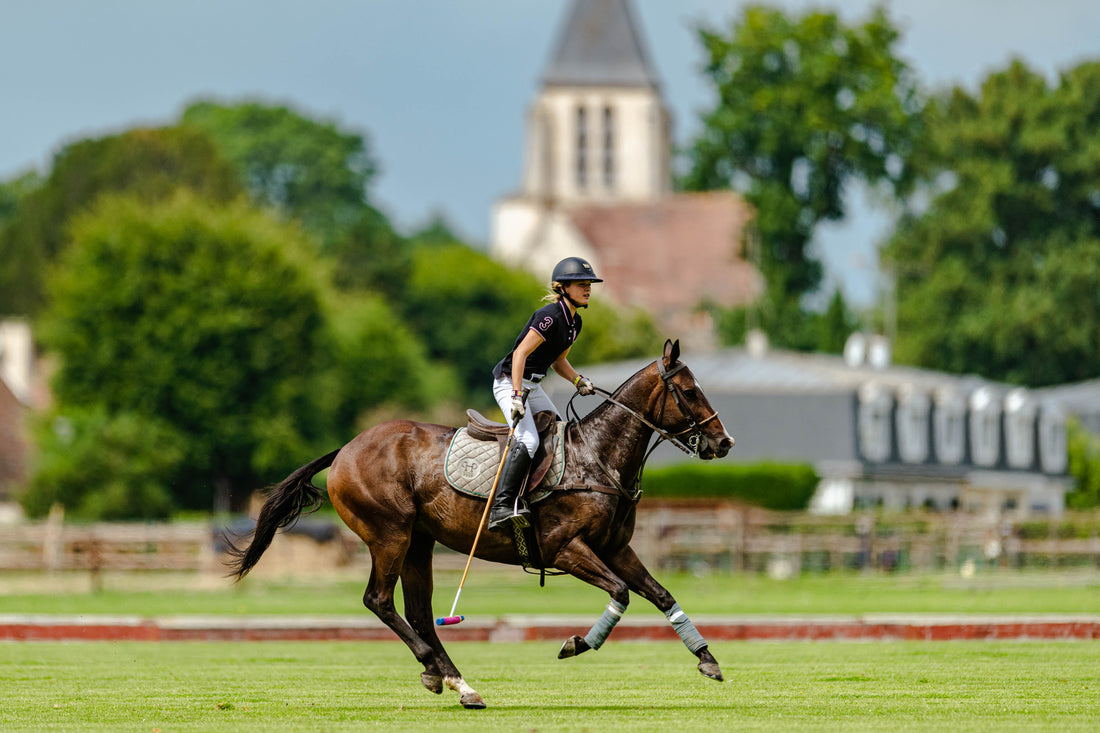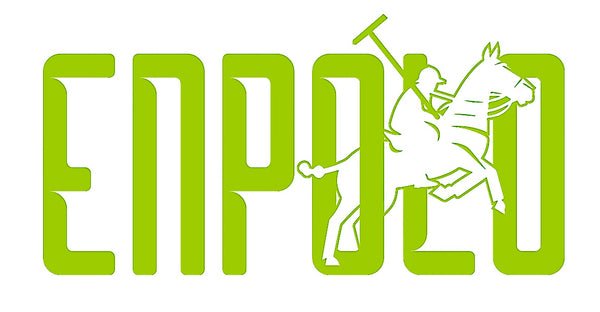
Polo in Argentina and France – Two Worlds, One Passion
Polo – the sport of fast horses and skilled players – shows different faces depending on where you experience it. In Argentina, it’s a national pride, deeply woven into everyday life. In France, polo is flourishing as a vibrant, dynamic community, driven by tradition, strong values, and a growing international presence that shines especially during the major tournaments.
In Argentina, polo is not just a game – it’s a way of life. Across the endless pampas, children learn to ride almost before they can walk, and swinging a mallet feels as natural as breathing. Argentina’s perfect conditions for horse breeding and its deep-rooted equestrian culture have built a global dominance in the sport. Legendary players like Adolfo Cambiaso and Facundo Pieres are products of this environment, and the Argentine Open in Palermo is widely recognized as the pinnacle of polo worldwide. Fast-paced, fearless, and instinctive, Argentine polo embodies raw passion and an almost sacred bond between horse and rider.
France, on the other hand, offers a very different but equally fascinating polo culture. Dating back to the late 19th century, when the Polo Club de Paris was founded, French polo has deep historical roots. During the 1900 Paris Olympic Games, polo even featured as an official event, underlining the country’s early commitment to the sport. Today, the French polo scene has evolved into a welcoming, family-oriented community that combines a love for competition with strong social bonds.

In France, polo is not reserved for an elite few. It is a sport where passion and camaraderie come first. Clubs like the Polo Club du Domaine de Chantilly, the Polo Club de Deauville, and the Polo Club de Saint-Tropez-Haras de Gassin have created environments where players from all walks of life meet, train, and compete together. Newcomers are welcomed just as warmly as seasoned professionals, and the atmosphere at most clubs is relaxed, supportive, and vibrant.

When the big tournaments arrive, however, France shows its glamorous side. The Open de France at Chantilly is now one of Europe’s most important tournaments, attracting world-class players and international attention. Deauville’s Gold Cup blends top-level polo with the elegance of the Normandy coast, creating an event that feels both prestigious and accessible. Saint-Tropez offers a unique Mediterranean twist, with its combination of high-level competition, stunning landscapes, and unmistakable French flair.

Supported by the Fédération Française de Polo, which was re-established in 2005, the sport has grown dramatically in France over the past two decades. With more than 100 active clubs across the country, France has established itself as the leading polo nation in continental Europe. It hosts more major tournaments than almost any other European country, with infrastructure, training programs, and a competitive calendar that keep players and fans engaged throughout the season.

While countries like Germany and Austria are steadily growing their polo communities, France has set itself apart with a perfect balance of tradition, accessibility, and excellence. It is a country where polo can be both a social weekend activity and a fierce, high-level sport, depending on the event and the setting.
Argentina and France represent two different but equally inspiring sides of polo. In Argentina, polo is a natural extension of national identity and rural heritage. In France, it is a celebration of community spirit, competitive ambition, and elegance – a living, breathing culture that welcomes everyone who shares a passion for the sport. Together, they show that polo is not just a game for the few, but a beautiful, universal expression of connection between horse and rider.
